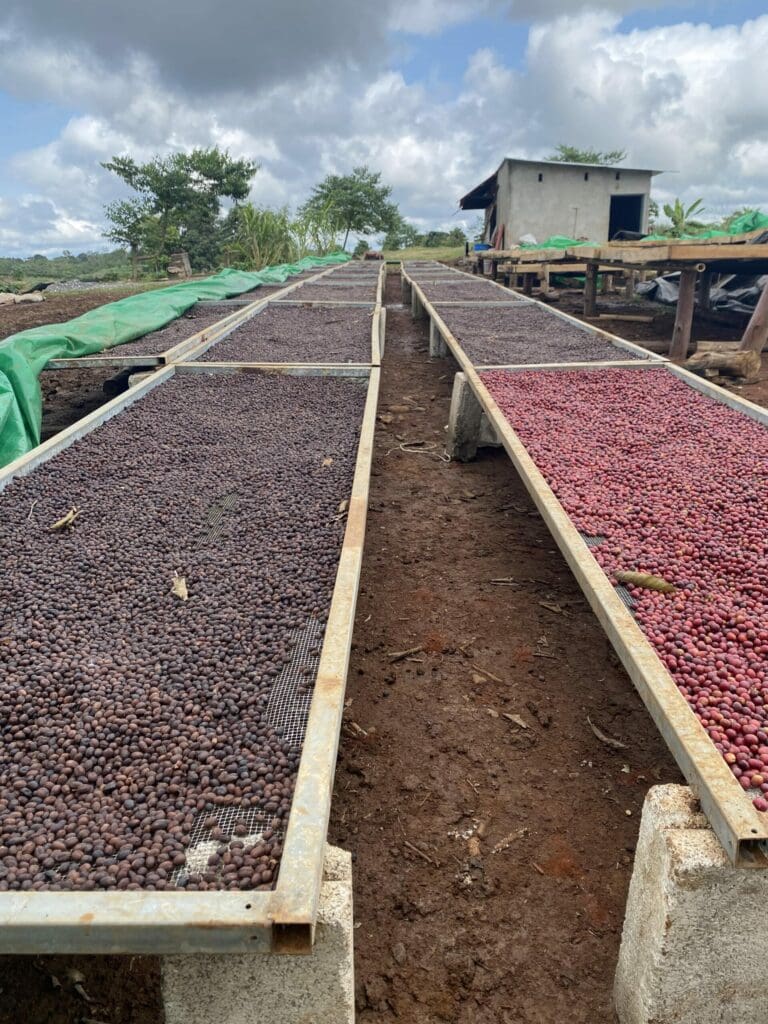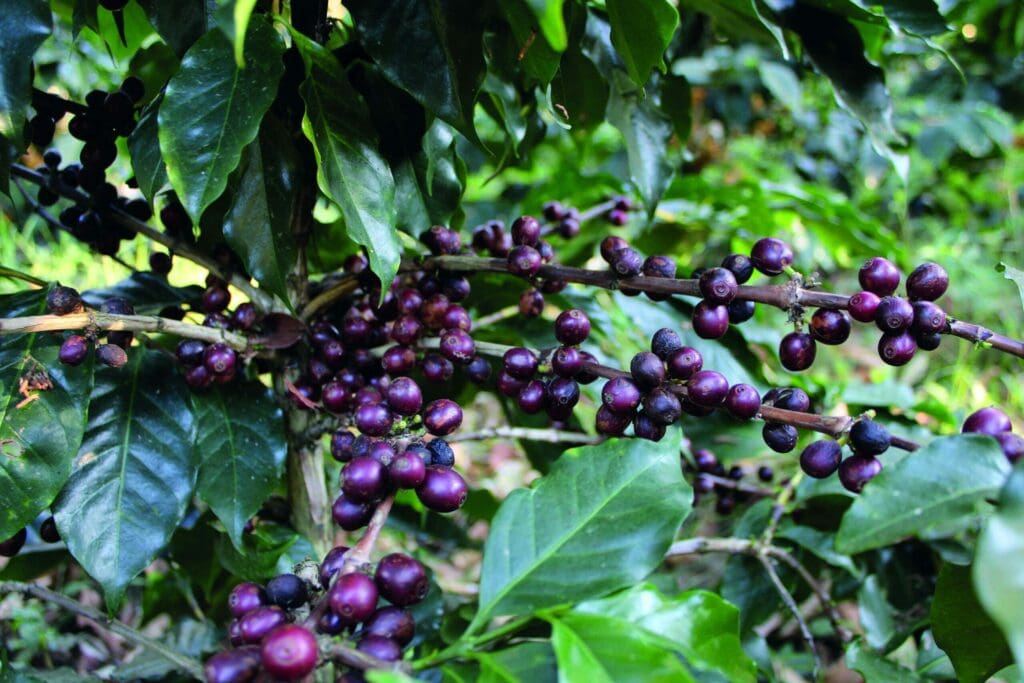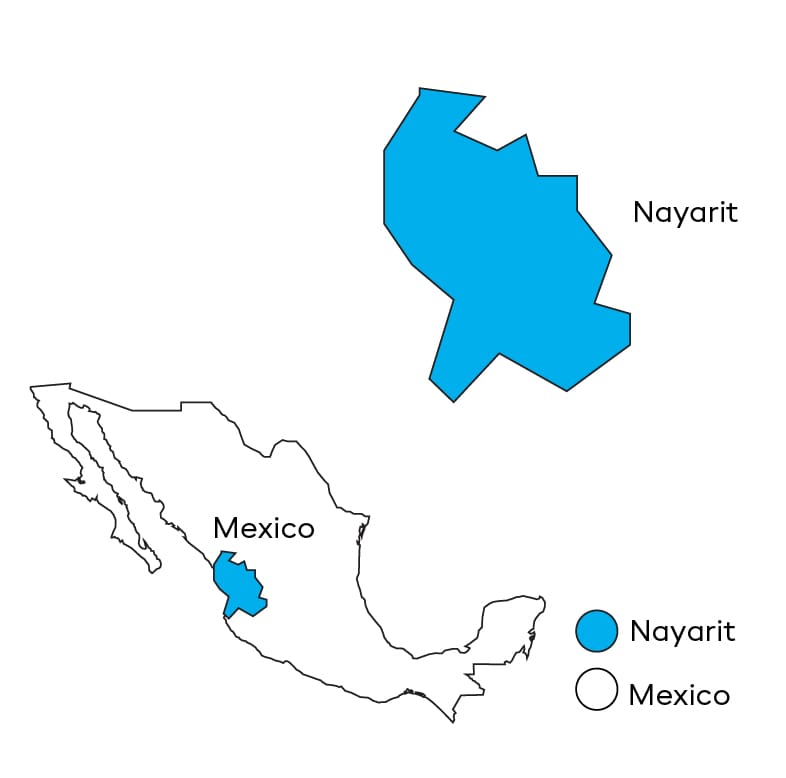Dragon Natural is one of the trademarks of Exportadora de Café California (ECC). The name “Dragon” was inspired by the well-known Axolotl, Mexico’s national amphibian, also referred to as the water monster. Native to the Valley of Mexico, specifically Lake Xochimilco, this unique creature has been documented since the time of the Mexicas (Aztecs) but gained fame in Europe when Alexander von Humboldt, captivated by its regenerative abilities, brought it to Paris for study. The Axolotl Dragon serves as a metaphor for the evolution of Mexican natural coffees, symbolizing their elevation to the next level.
Exportadora de Café California (ECC) has over 80 years of experience in coffee export. As part of the Neumann Kaffee Gruppe (NKG) since 2014, ECC successfully marketed specialty coffee for the first time. After seven years of development, the company formed a dedicated team to manage and operate its specialty coffee division.
ECC’s success is the result of a lifetime of work with Mexican producers, focused on achieving the highest quality coffee. Many of these producers are part of our “Por Más Café – Bloom” program, which provides them with the opportunities and resources needed to maximize their crop potential. Several of ECC’s specialty coffee brands proudly carry the seal of this program. In 2023, ECC expanded and remodeled its specialty coffee laboratory, reaffirming its commitment to quality with Q-Graders ensuring and maintaining the highest standards.
This coffee is grown in the shade of avocado trees, with no intervention, and undergoes a natural anaerobic process. The cherry is sorted carefully by hand and subsequently processed using natural anerobic fermentation. (Anerobic fermentation is simply fermentation that occurs in an oxygen-free environment. The cherry is sealed in barrels void of oxygen for ten days. This creates a pressurized environment for the naturally occurring yeasts to metabolize the fruit, which imparts unique winey and fruity flavors, as well as a full and silky body to the coffee seeds within the fruit.) When the fermentation is complete, the coffee is then dried on patios or raised beds until it reaches a uniform 12% humidity.



